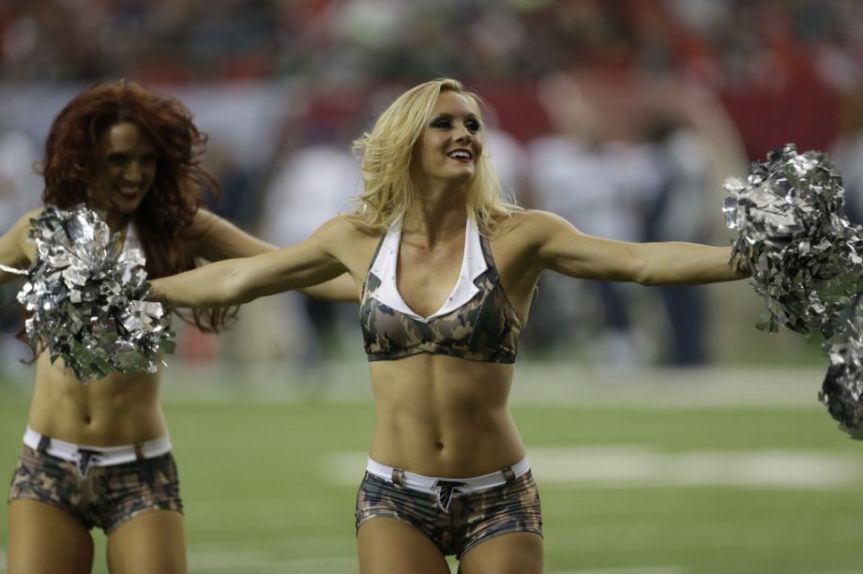
W.J. Astore
The language of war fascinates me. I was reading President Obama’s response to Donald Trump on whether Obama “gets it” when it comes to the threat of terrorism and came across this passage:
“Someone [Donald Trump] seriously thinks that we don’t know who we are fighting? If there is anyone out there who thinks we are confused about who our enemies are — that would come as a surprise to the thousands of terrorists who we have taken off the battlefield.”
That’s such a curious phrase: “terrorists who we have taken off the battlefield.” As if the United States has simply evacuated them or relocated them instead of killing them.
I think the distancing effect of air power has something to do with this euphemistic language. The U.S. military “takes people off the battlefield” rather than killing them, blowing them up, and so on. Obama’s personality may also play a role: a rational person, he’s been compared to the Vulcan Mr. Spock from “Star Trek” in his coolly logical approach to war.
Perhaps that coolly rational side, and not his preference to avoid terms like “radical Islamic terrorism,” is what gets Obama into trouble. Many Americans would prefer more directness, more passion, even though such directness and passion is often the approach of posturing chickenhawks. Consider the language of Bush/Cheney and all their blustering about “wanted, dead or alive” and “the axis of evil“ and “you’re either for us or against us.” Bush/Cheney talked as if they had just walked off a Western movie set after a gunfight, but both avoided the Vietnam War when they were young men, with Cheney famously saying he had other, more important things to do with his life. (Bush flew in the Texas Air National Guard, apparently gaining a slot after his father pulled some political strings.)
So, what should Obama have said in place of “we’ve taken them off the battlefield”?
Why not be honest and say something like this? “I’m well into the eighth and final year of my administration, during which I’ve approved drone strikes and air raids that have killed thousands of suspected and confirmed terrorists. Sure, we’ve often missed some targets, killing innocent people instead, but hey — war is hell. I’ve approved Pentagon budgets that each year approach $750 billion, I’ve overseen the U.S. dominance of the international trade in weapons, I continue to oversee an empire of roughly 700 overseas U.S. bases. Some have even called me the assassin in chief, and they’re right about that, because under my command deadly drone strikes have increased dramatically. Meanwhile, we’ve already made some 12,000 air strikes against ISIS/ISIL. So don’t tell me, Mr. Trump, that I don’t know who the enemy is. Don’t tell me I’m not willing to murder terrorists whenever and wherever we find them, even when they’re U.S. citizens and teenagers. Don’t tell me I don’t get it.”
Those words would be honest – though they’d really just scratch the surface of the Obama-led efforts to secure the “Homeland.” But instead Obama speaks of “taking” terrorists “off the battlefield,” cloaking his administration’s violent actions in a euphemistic phrase that would be consistent with angels from on high coming down to lift terrorists off the battlefield to some idyllic oasis.
Odd, isn’t it, that so few Americans criticize Obama for his murderous actions in overseas wars, but so many will criticize him for not bragging and boasting about it.
Well, if America is looking for a braggart, someone willing to boast about himself, they have their man in Donald Trump. If they’re looking for a new assassin in chief, they have their woman in Hillary Clinton. And if they’re looking for fresh ideas, a new strategy, a way to end our seemingly endless wars, they’re simply out of luck this election season, unless you go to a third-party candidate like Jill Stein.
In these over-heated times, the chances of a third-party challenge with substance are somewhere between nada and nil. In the United States in 2016, war and weapons sales and imperial expansion will continue to find a way, even as our leaders cloak their violent actions using the most anodyne phrases.
C’est la guerre.


